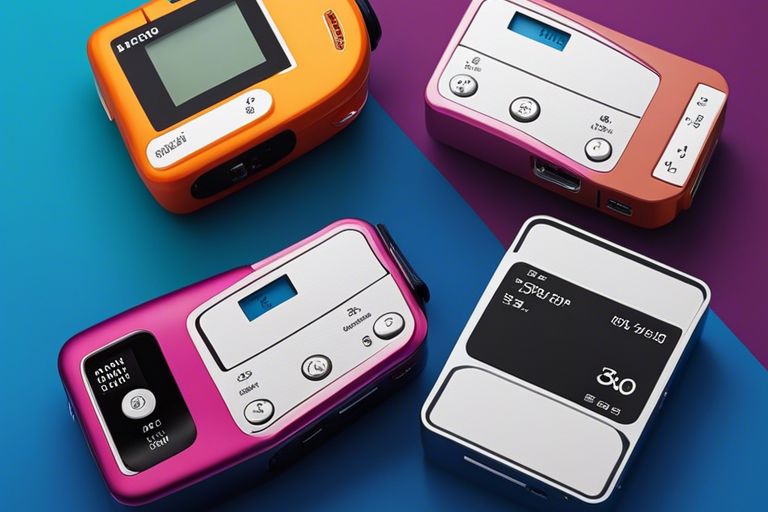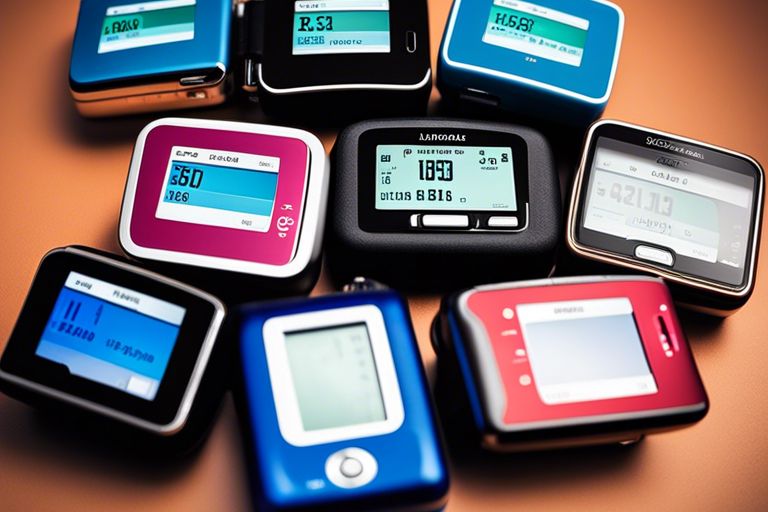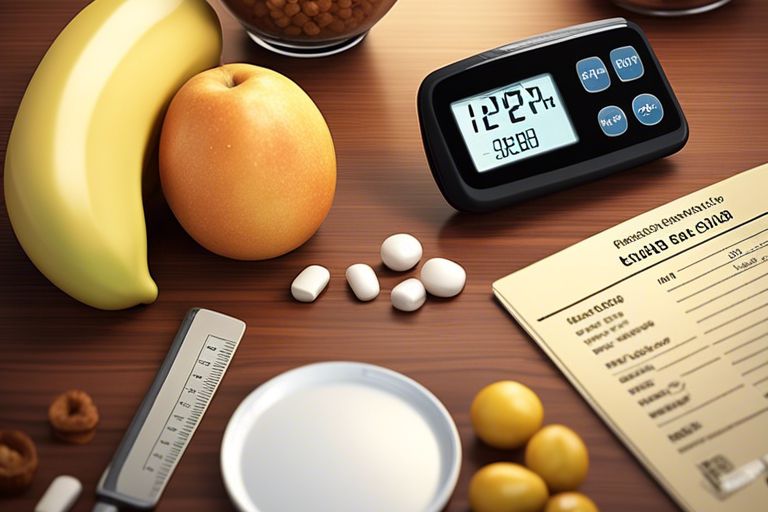Introduction
Type 1 diabetes is a chronic autoimmune disease that affects millions of people worldwide. It occurs when the immune system mistakenly attacks and destroys the insulin-producing cells in the pancreas. While the exact cause of type 1 diabetes is still unknown, researchers have identified a key player in the development and progression of the disease: antibodies.
What are Antibodies?
Antibodies, also known as immunoglobulins, are proteins produced by the immune system to help protect the body against harmful substances such as bacteria and viruses. They are Y-shaped molecules that can recognize and bind to specific antigens, which are foreign substances that trigger an immune response.
The Role of Antibodies in Type 1 Diabetes
In type 1 diabetes, antibodies play a crucial role in the destruction of insulin-producing cells in the pancreas. The most common antibodies associated with the disease are called autoantibodies, which are antibodies that mistakenly target the body’s own tissues.
Autoantibodies in type 1 diabetes target specific antigens on the surface of the insulin-producing cells, leading to their destruction. The presence of these autoantibodies is often used as a diagnostic marker for the disease.
Types of Antibodies in Type 1 Diabetes
There are several types of autoantibodies that have been identified in type 1 diabetes:
- Islet Cell Antibodies (ICA): These antibodies target the islet cells in the pancreas, where insulin is produced. They are present in the majority of individuals with newly diagnosed type 1 diabetes.
- Insulin Antibodies (IAA): These antibodies specifically target insulin itself. They are often found in individuals with early-stage type 1 diabetes.
- Glutamic Acid Decarboxylase Antibodies (GADA): These antibodies target an enzyme called glutamic acid decarboxylase, which is involved in the production of insulin. They are present in about 70-80% of individuals with type 1 diabetes.
Implications for Diagnosis and Treatment
The presence of these autoantibodies in the blood can be used as a diagnostic tool for type 1 diabetes, especially in individuals who are at high risk of developing the disease. Early detection of these antibodies can help identify individuals who may benefit from early intervention and close monitoring.
Furthermore, understanding the role of antibodies in type 1 diabetes has also paved the way for new treatment approaches. Researchers are exploring different strategies to modulate the immune response and prevent the destruction of insulin-producing cells. These include immune-based therapies and the use of immunomodulatory drugs.
Conclusion
Antibodies play a significant role in the development and progression of type 1 diabetes. They target and destroy the insulin-producing cells in the pancreas, leading to a deficiency of insulin. The identification and understanding of these antibodies have not only improved diagnostics but also opened up new avenues for treatment. Continued research in this field holds the promise of better management and ultimately a cure for type 1 diabetes.




